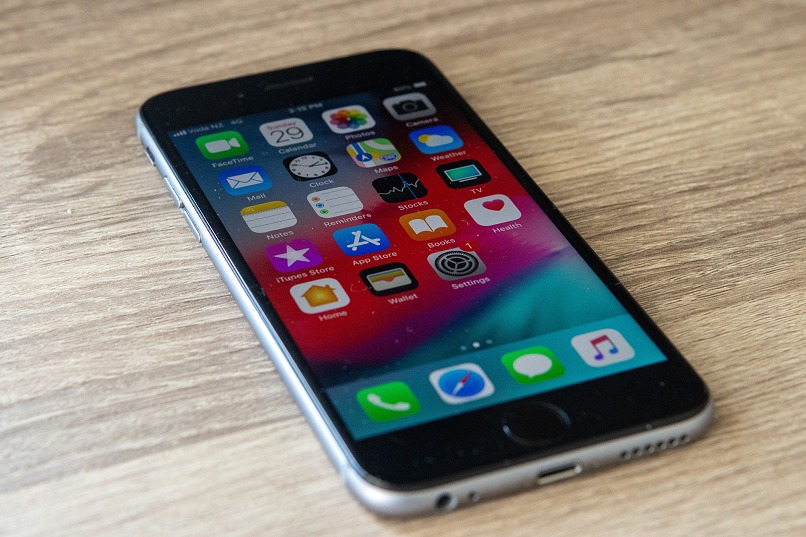Apple May Pull iMessage and FaceTime From UK

Apple has taken a strong stand against the UK government’s proposed amendments to its Investigatory Powers Act, clearly expressing its refusal to compromise on end-to-end encryption. In response to the potential changes, the tech giant has warned that it may disable iMessage and FaceTime services on its products in the UK.
The proposed Online Safety Bill would mandate app developers to obtain approval from the UK Home Office before implementing security features and be prepared to disable these features without public notice if required. It would also require the inclusion of a backdoor that enables the UK government to scan end-to-end encrypted messages for suspicious or illegal content without notifying users.
Apple argues that the proposed language goes too far and makes compliance unfeasible. Moreover, the company stresses that such security changes would impact all iMessage and FaceTime users globally, not just those in the UK, potentially leading to a degradation of service quality for all users.
Though the bill does not explicitly mandate the removal of end-to-end encryption, it would effectively weaken this critical security feature, as service providers would be obligated to scan all messages for flagged content. This has raised concerns among users and privacy advocates about potential government surveillance and bulk interception capabilities.
Apple is one of several tech giants that have expressed opposition to the bill. Messaging apps, including Element, Signal, Threema, Viber, WhatsApp, and Wire, have all expressed their objections to the UK government's approach through an open letter. They have called for stronger privacy and security protections for UK residents and highlighted the lack of explicit safeguarding for encryption in the proposed bill.
Given the UK's substantial user base of nearly 20 million iPhone users, accounting for 40% of the total number of smartphones in the country, Apple's firm stance carries significant weight in the ongoing debate over encryption and user privacy.
The proposed Online Safety Bill is currently under review, and the issue has sparked a broader discussion about striking a balance between security and privacy in the digital age. As the tech giant and the UK government lock horns over encryption, the outcome of this dispute may have far-reaching implications for users and companies worldwide.



Please, comment on how to improve this article. Your feedback matters!